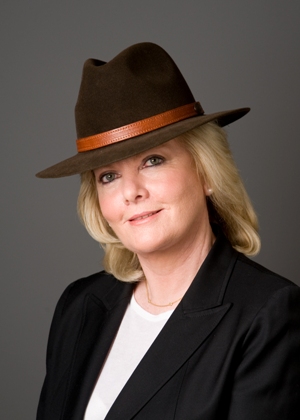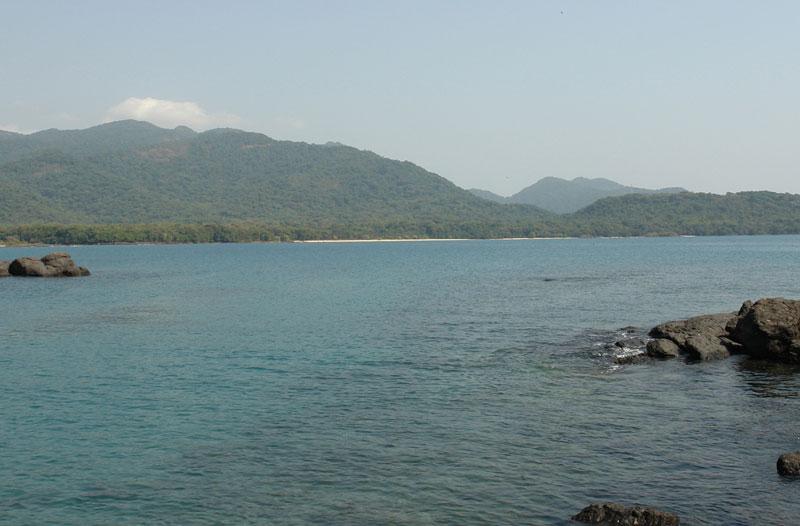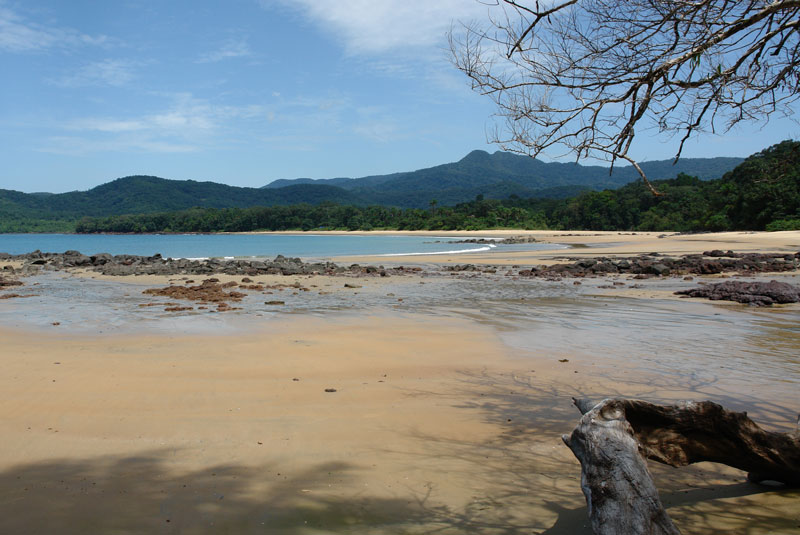10 December 2014
Heather de Haes addresses the Global African Investment Summit
 Savoy Hotel, Monday, 20 October, 4:30pm
Savoy Hotel, Monday, 20 October, 4:30pm
• It’s a pleasure and a privilege to address you this afternoon.
• Firstly, I should declare my interest: for three years I’ve been involved in a large project in Sierra Leone. But the country is in crisis now, and on behalf of the Global African Investment Summit I’d like to convey to the people of Sierra Leone our deepest concern for their terrible suffering, and our sincere hope that the ebola epidemic will be contained and eradicated sooner rather than later.
• Clearly, interest in investing in Sierra Leone has dried up over the past six months. Our strategy, as an investment group looking at this country, is to have our funding and our plans ready to implement on the day that the crisis is declared over, and the country safe once again. We want to help Sierra Leone demonstrate to the world that the country has re-opened for business with absolutely no delay.
• Permit me please to state something you already know: the old Chinese proverb that if you give a man a fish he’ll be sated until tomorrow; but if you teach that man to fish, he’ll be sated for life. It’s so obvious! But the reality—at least in much of Africa—is that this proverb is actually not the guiding principle behind Western investment and support. There’s a very good reason for this, however, and it’s this reason that I’d like to discuss with you today, along with my strategy for resolving what I see as something of an impasse.
• I started life as a professional musician and teacher. When I came to London many years ago I became a business person. Now I am fortunate to combine my two passions. My website, artsglobal.com, addresses my commercial side: mainly dealing in property and fine art. By contrast, artglobal.org expresses my artistic and philanthropic sides. My foundation, Arts Global, is registered as a charity in England, Switzerland and the United States. Its tag-line is: “A foundation empowering emerging artists and advancing social change.”
• The combination of business and philanthropy which now guides my life has led me to the phenomenon known as “Triple Bottom Line Investing”. I’m sure many of you here today are aware of this and, indeed, practice it in your own investing. So forgive me if my summary of “Triple Bottom Line Investing” is already familiar to you. But it’s of crucial relevance when it comes to either eating fish or going fishing.
• The three pillars of “Triple Bottom Line Investing” are: Financial Viability, Social Responsibility and Ecological Sensitivity. More and more investors are demanding the presence of these three elements in any project they become involved in, and nowhere is this more important than in Africa.
• Three years ago a member of my investment circle made the point to me that virtually every diamond mined in Sierra Leone is exported in its rough state. All that the country gets out of its diamond mining—apart from some employment in the mines—is a 3% export tax.
• My colleague suggested that what the country needs is a school, teaching the cutting of diamonds, the working of gold, the design and manufacturing of jewellery, and basic ethical business principles. It’s so obvious when you look at it: the school will produce craftsmen and entrepreneurs, who will in turn go out into the Sierra Leonean community and “add value” to the nation’s great heritage of precious minerals. Employment, enterprise and wealth will be generated in equal measure, and the country will prosper.
• So why isn’t everyone doing these simply-defined good things for African nations rich in mineral resources? Because a school is a philanthropy, and a gemstone school is a particularly expensive one at that. It’s not enough for an investor to throw money into a charity just out of the goodness of his heart. It’s not so much the capital outlay as the inevitable problem of sustainability. When the money runs out, the school will fail, and that will be that. We’ve all seen dozens of examples of projects foundering on the rocks of good intentions.
• Enter “Triple Bottom Line Investing”. We’ve structured the Gemstone School so as to be located on an ocean-fronting site which will also serve as a tourist resort. It’s in a picturesque, unspoiled and underpopulated region just south of Freetown which has been designated as mining-free and industry-free. A new road will open up the area, which will need a shopping mall, medical centre and all sorts of other commercial amenities.


• Our project, which has the blessing of the Sierra Leone Government, will provide these amenities, and in so doing will give our investment group the opportunity to achieve a solid financial return—the first pillar of “Triple Bottom Line Investing”. The other pillars—social responsibility and ecological sensitivity—will follow, including not only the Gemstone School but many other civic benefits as well, out of our conviction that this is what people need right now, and encouraged by the pristine environment in which the project is taking place.
• I present this to you as our particular solution to the challenge confronting African development. The solution was there for us find and it took us some time, but we got there, as I am sure you will in your own particular endeavours to assist the African continent into the future.
• In closing, I will make just one more point, if I may: Sierra Leone is a country where a broad base of consensus to any activity is crucial, if that activity is to proceed. This can be an advantage and a disadvantage, but that’s what it is. So my colleague has painstakingly built what he calls the “Coalition of Consent”, ranging from national government through regional government to local government and local stakeholders. It’s taken time, but it’s yet another pillar in a project which is designed and structured to deliver a win-win solution to a problem: a win for investors and a win for Sierra Leone.


